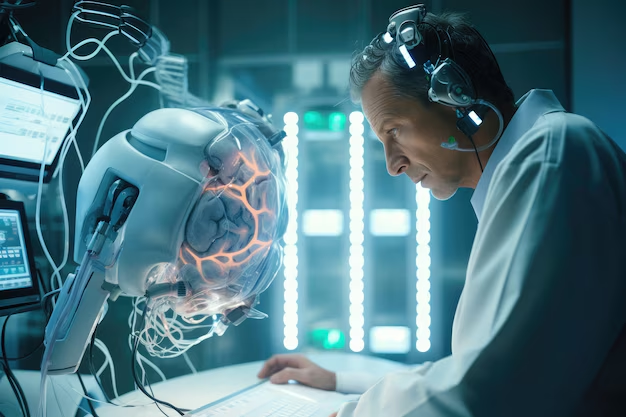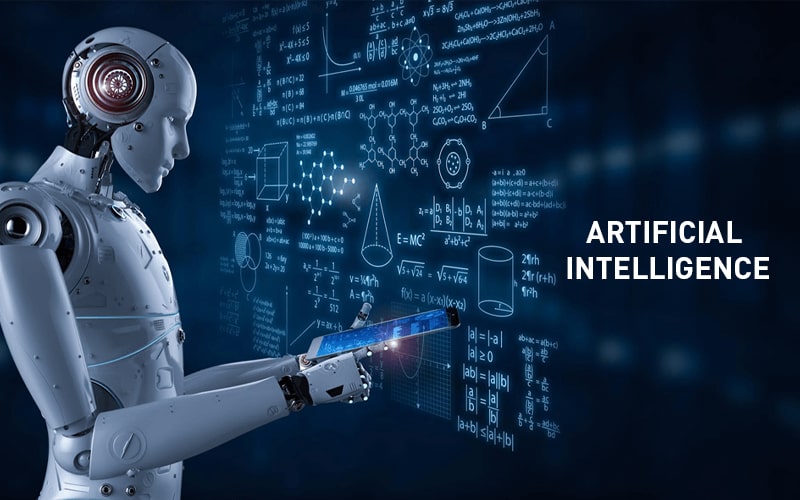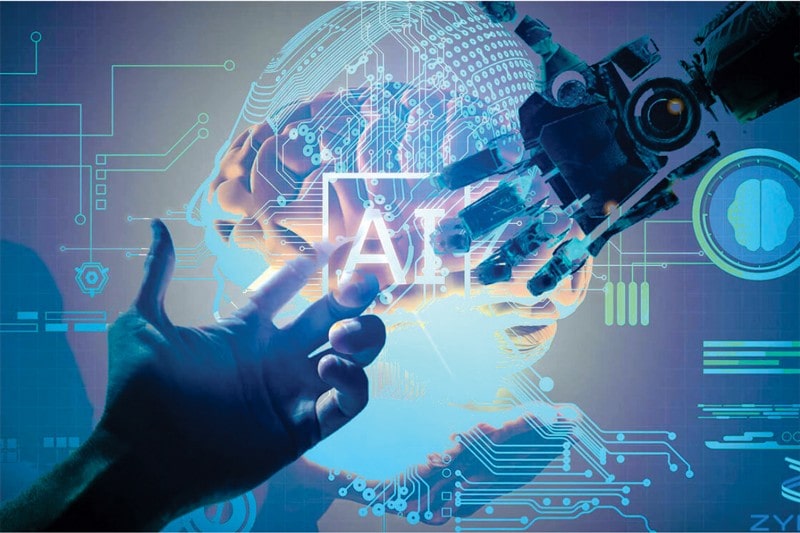This post discusses and outlines artificial intelligence in health care, advantages, disadvantages and the possible prospect of the same.
Usage of AI in Health care
Its used at almost every level, from direct interaction with patients as in health care to clerical work. It can also seek to perform other repetitive functions of human health professionals with a view of saving time for other duties.
AI in Diagnostics
AI excels in diagnostics. It can identify X-rays and MRIs with great accuracy, among other things. Also, AI dialogue can detect patterns of specific patients, and this can help the doctors to diagnose diseases that are might not be easily diagnosed.

AI in Drug Development
AI also proven to be effective in the acceleration of arriving with new drugs. This would mean that new action can once in though get to patients.
Benefits of Artificial Intelligence in Health care
There is quite of benefits if we speak about addition of the AI to the health care system. Here are some key advantages.
Suggestion of AI in the upcoming of the heath care system
The coming of incorporating AI in health care has possible. Making rapid developments with time, ai will eventually merge even deeper into the health care systems. Here are some potential future developments:
•AI in Mental Health:
Looking at the indicators of AI the latter might help in the sphere of mental health care through analyzing the patterns of speech and other predictors of mental disorders.
Table: Use of artificial intelligence in Health Care
| Treatment Planning | AI tailors treatments based on genetic data and patient history. | Personalized treatments with higher success rates. | High implementation costs. |
| Drug Development | AI predicts the effectiveness of chemical compounds. | Faster drug discovery and reduced costs. | Regulatory hurdles. |
| Administrative Tasks | AI automates tasks like scheduling and record management. | Increased efficiency and reduced workload for staff. | Trust and acceptance. |
| Remote Monitoring | AI tracks patient health in real-time remotely. | Continuous monitoring and early intervention. | Integration with existing systems. |
| Telemedicine | AI provides real-time data analysis during virtual consultations. | Enhanced patient-doctor interaction. | Data security concerns. |
| Mental Health | AI analyzes speech patterns to detect mental health issues. | Early detection and intervention. | Ethical and privacy concerns. |
| Robotics in Surgery | AI-powered robots assist in surgeries. | Increased precision and reduced recovery times. | High costs and regulatory challenges. |
Normally Asked Questions
What oh what is this AI in the context of health care?
Health care AI is a field of artificial intelligence that involves the use of artificial intelligence approaches in the provision of patient care diseases. Establish minimizing the time that administrative staff takes in tasks and in the search for new treatments and medications. Because these systems are capable of processing a large amount of data within short time and making some basic conclusions. Assisting the health professionals to take informed decisions.
In what ways is diagnostics executed utilizing artificial intelligence?
In diagnostics, AI is employed in question to scan X-ray and MRI and other such images with high levels of precision. It gives high early-stage detection of abnormalities like tumours and can enhance the effective treatment of diseases. Self-learning can also be used in a clinical setting in a manner that can monitor a patient’s health history in search of signs that may point to other conditions. It also assists in making accurate diagnosis which is sometimes done in a shorter time than that taken to undertake conventional diagnoses.

AI has many advantages as applied to health care services, such as higher accuracy for diagnostics, individual treatment. Shortening of the period of drugs’ creation, and optimization of organizational procedures. AI also has the effect of lowering costs since some of the processes and time taken to do a task can be cut short. Also, the use of AI is learning continuous patients monitoring hence improving patient’s condition by intervening early.
Implementing AI in the health care system, what are the issues that can be expected?
There are many issues that can often arise when using AI in health care and these include; Issues of data security, issues of biased AI. The high costs that may be incurred while working on an implementation plan of AI and relevant polices that hinder the usage of AI.
The protection of data is a big issue because for the proper functioning of artificial intelligence systems, these need vast amounts of data. Among the potential problems are the inability of the AI to eliminate the bias if the latter had been incorporated in the data used to train the algorithm used in the AI. Further the costs connected with AI systems can be too high for some providers, first of all, those in the health care sector. Lastly, there is limitation to the use of AI in health care which is arising from regulatory frameworks that vary across the region and are still in their infant stages.
Decision
Health informatics or Artificial Intelligence is changing the face of the health care sector with the advantages it brings in diagnosis, treatment and many other areas. Despite the issues that have been presented, there is an enormous potential of AI in transforming healthcare. In the future, as technology continues to grow more sophisticated, AI is going to only increase in importance in the ways that it can help optimize the value of patient care while decreasing the costs and increasing the benefits. Fostering the incorporation of AI in the health care industry is not just

One thought on “The use of Artificial Intelligence in the Health Care Settings”